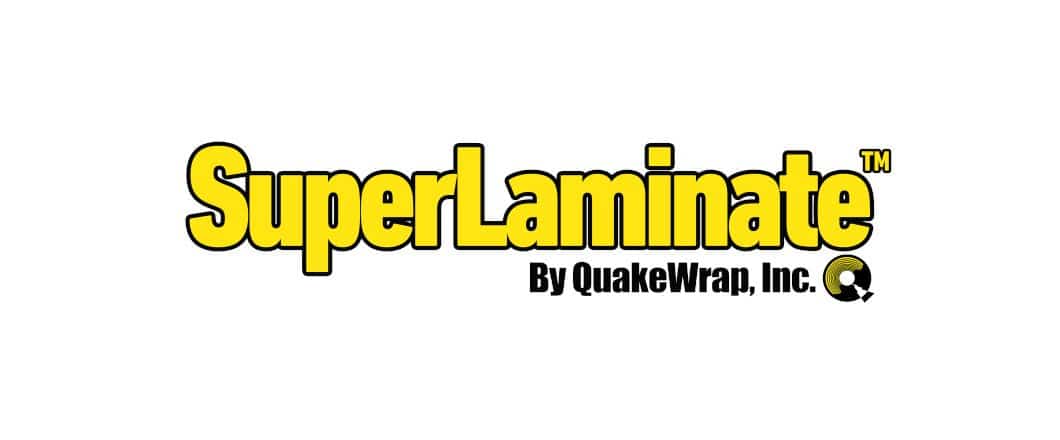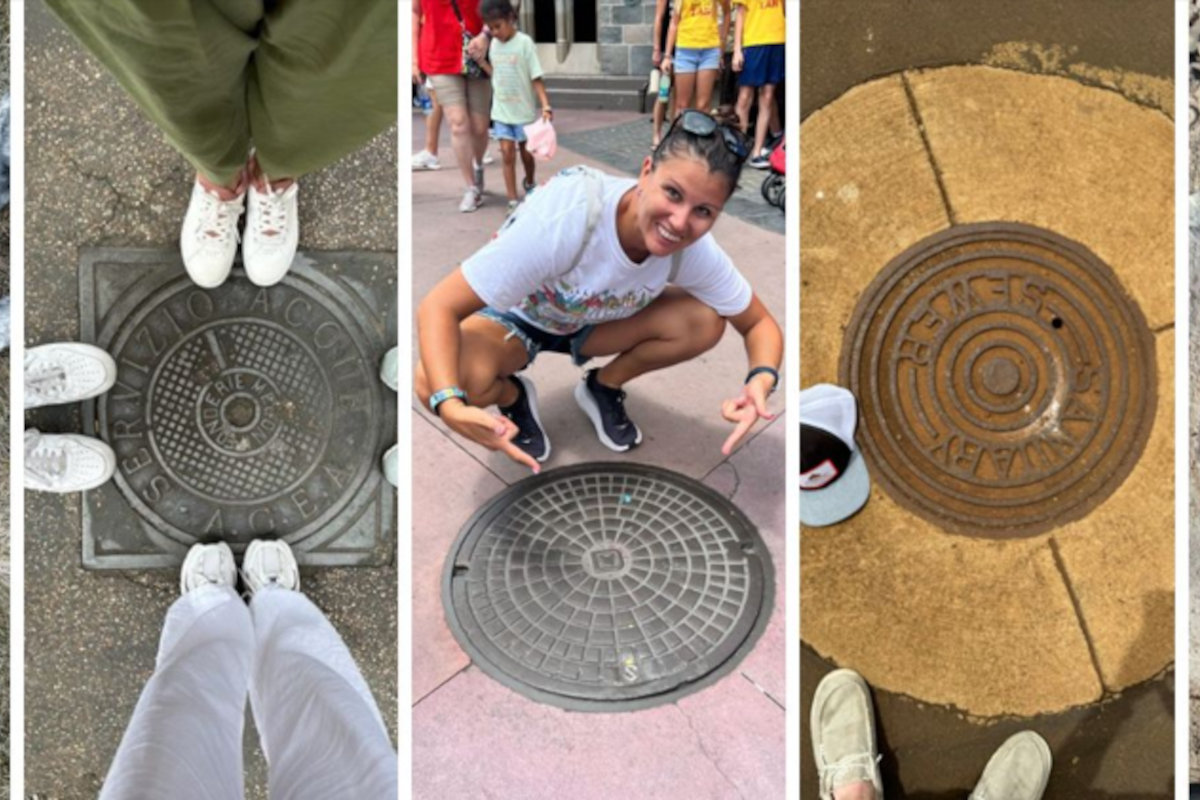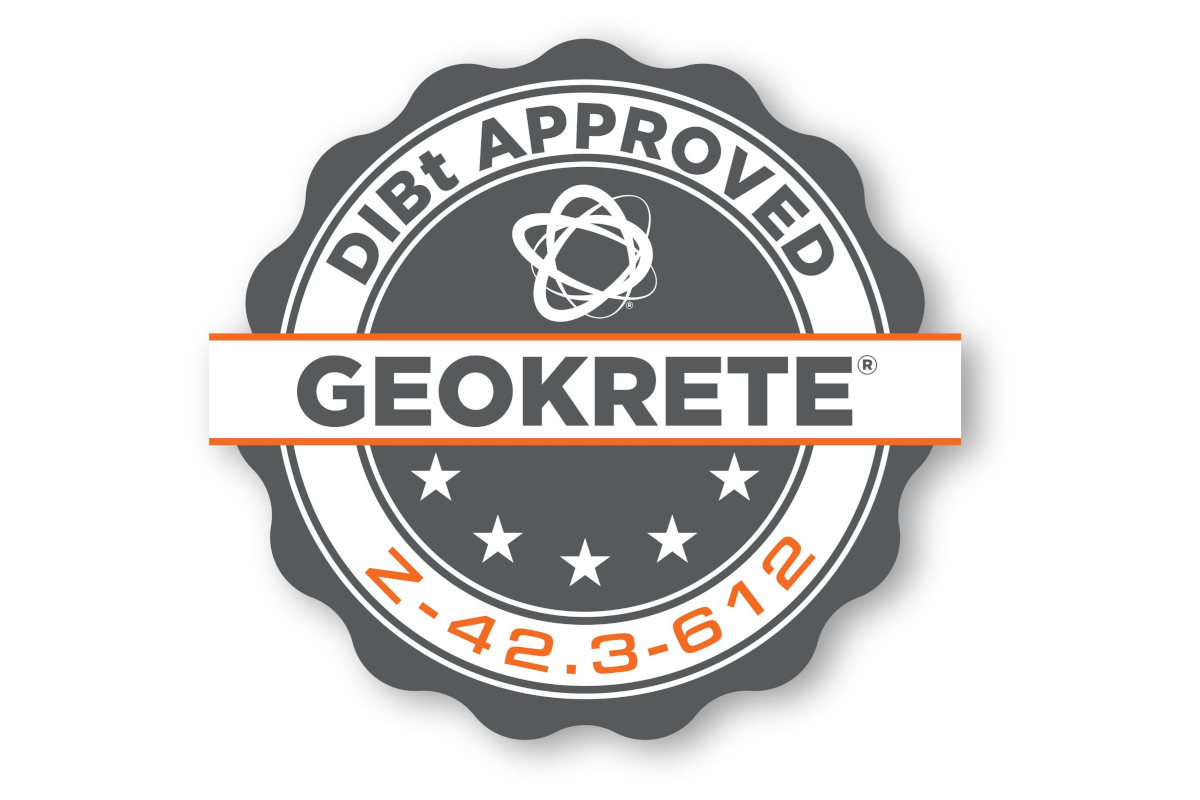
QuakeWrap Wins $1M Federal Research Grant to Develop Pipeline Repair
In March, Tucson-based QuakeWrap Inc. received a $1 million grant from the U.S. Department of Transportation’s Small Business Innovation Research (SBIR) program for its proposal, “No-Dig Point Repair Technology for Steel O&G Pipelines.”
The grant is a U.S. DOT SBIR Phase II grant in the research category of “Internal Repair of Steel Transmission Pipelines (20-PH2)” “Internal Repair of Steel Transmission Pipelines.” The award follows the successful proof of concept that was demonstrated during the first phase.
QuakeWrap is to develop a greener, less intrusive repair method using fiber reinforced polymer (FRP) for larger gas and oil transmission pipelines. The proposed repair method, called SuperLaminate by QuakeWrap, will utilize existing launch stations or access sites used for cleaning and inspection of oil and gas pipes.
“A big part of the attraction of QuakeWrap’s proposal is the trenchless aspect,” says Veysel “Firat” Sever, Ph.D., P.E., principal investigator and pipeline division manager for QuakeWrap Inc.
According to the Pipeline and Hazardous Materials Safety Administration (PHMSA), there are more than 319,000 miles of existing gas pipelines for gathering and transmission of gas. The goal of the QuakeWrap research is to find a commercially viable solution that rehabilitates distressed and leaking pipes proactively before a failure. The solution needs to be feasible, economic and deployable with minimal impact on operations.
The U.S. DOT is one of 11 federal agencies that participate in the SBIR program supporting national research and development by small businesses. In its 27-year history, QuakeWrap has been awarded SBIR support from the National Science Foundation (NSF), the U.S. Department of Agriculture (USDA), the U.S. Environmental Protection Agency (USEPA) and this year from U.S. DOT.
“This is a fantastic opportunity for adapting our infrastructure renewal solutions to the oil and gas industry, where proactive pipeline integrity management is essential with respect to preventing catastrophic failures and methane leaks,” says Mo Ehsani, founder and president of QuakeWrap.
“Most oil and gas transmission pipes are repaired externally by excavating around a damaged or leak site, including preparation of the pipe surface, and mechanically installing a repair product such as a clamp or wrap on the outside of the pipe,” Sever adds. “The available repair methods are disruptive, require access by destructive means and are costly in terms of time and resources. QuakeWrap’s proposed greener, less intrusive solution has the potential to be installed without the need for any excavation or accessing the pipe by damaging means.”
“We acknowledge the potential of this new technology in addressing oil and gas transmission line failures and methane leaks by non-destructive means,” says Sherry Borener, senior research advisor, at PHMSA.
SOURCE – QuakeWrap Inc.




